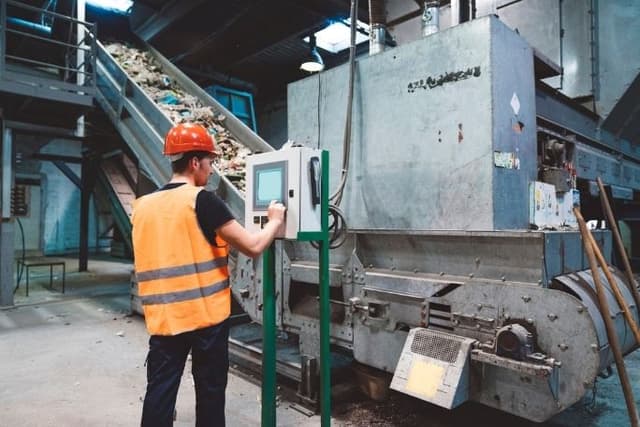
Visy Education - Recycling
Lesson4 of 5 in this unit
PrimaryYear 3 - 4MathematicsStatisticsProbabilityMeasurementGeometryEnvironmentalRecyclingSustainabilityEconomicIndustry, Innovation and Infrastructure
Summary
Lesson Guides and Printables
Lesson Plan

Student Worksheet

Teacher Content Info
